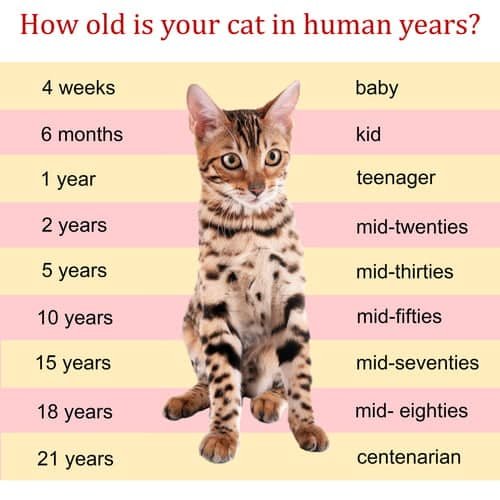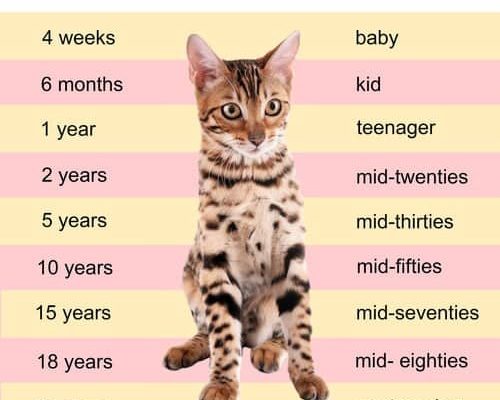
Think of a cat’s life as a book with several chapters. Some are filled with playful antics, while others might showcase a bit of trouble or health challenges. The average lifespan for cats can range significantly based on a few key factors, and understanding these can help you take better care of your feline friend as they age. Let’s dive in and explore the fascinating world of cat longevity, so you can know what to expect and how to support your cat through each stage of its life.
What Is the Average Lifespan of a Cat?
When we talk about the lifespan of cats, we’re generally looking at an average of 12 to 15 years. However, this can vary quite a bit depending on several factors. For instance, indoor cats usually live longer than outdoor cats—often up to 20 years or more! Why is that? Well, indoor cats are less exposed to dangers like traffic, predators, and diseases, allowing them to thrive in a safer environment.
On the flip side, outdoor cats might only live between 5 to 10 years. This is mainly due to the risks they face outside. Think of it this way: it’s like comparing the lifespan of a wild animal to one that’s cared for in a sanctuary. The one with fewer threats tends to have a longer lifespan.
Factors Affecting a Cat’s Lifespan
A cat’s lifespan is influenced by a variety of factors that can make a significant difference:
- Breed: Some breeds are known for their longevity. For example, Siamese cats often live longer than other breeds.
- Health Care: Regular vet check-ups, vaccinations, and preventive care can keep cats healthy and extend their lives.
- Diet: A balanced and nutritious diet tailored to a cat’s specific needs can greatly impact their overall health.
- Living Environment: Cats that are kept indoors are generally safer and have fewer health risks than those that roam outside.
Let me explain further: certain breeds are predisposed to genetic conditions that can shorten their lives. For instance, Maine Coons might have a higher risk of heart disease. So, while adopting a particular breed, it’s crucial to know their specific health concerns.
How to Help Your Cat Live Longer
Ensuring your cat leads a long, healthy life often boils down to a few key practices. Here’s a breakdown:
1. Regular Vet Visits: Make sure your cat has yearly check-ups. This is vital for catching any potential health issues early. Your vet can also provide vaccinations that help prevent serious illnesses.
2. Quality Nutrition: Feed your cat high-quality cat food that meets their dietary needs. Look for options that include real meat as the first ingredient and avoid fillers like corn and soy.
3. Weight Management: Obesity can lead to serious health problems, including diabetes and heart disease. Monitor your cat’s weight and adjust their diet as needed.
4. Mental and Physical Stimulation: Engage your cat with toys, puzzles, and interactive playtime. This keeps them active and mentally sharp, which is essential for their overall well-being.
Understanding the Aging Process in Cats
Just like us, cats experience aging in different phases, each with its own challenges and needs. Here’s a quick look:
– Young Cats (0-2 years): This is the playful, curious stage when they’re full of energy. Think of it as their teenage years!
– Adult Cats (3-10 years): During this phase, they settle into their personalities. Regular vet check-ups are still essential here.
– Senior Cats (11 years and older): This is when you might notice some changes. Seniors may be less active and may require special diets or more frequent veterinary visits. Understanding their needs can help you provide the right care.
Hearing your cat purring next to you can feel like a treat, but it’s also a reminder of their aging process. You might be wondering how to recognize when they need a little extra help. Common signs include decreased activity or changes in eating habits.
Common Health Issues As Cats Age
As they age, cats may develop specific health issues that can affect their quality of life. Here are some common ones to watch out for:
– Arthritis: Just like humans, cats can suffer from joint pain. Look for signs like difficulty jumping or stiffness after resting.
– Dental Disease: Many older cats face dental issues that can lead to pain and discomfort. Regular dental cleanings are crucial.
– Kidney Disease: This is common in older cats and can lead to serious health problems. Symptoms include increased thirst and urination.
– Hyperthyroidism: This condition is more common in older cats and causes weight loss and increased appetite.
Understanding these potential issues can help you catch problems early. Regular vet visits are your best line of defense.
Creating a Senior-Friendly Environment
As your cat ages, making their environment comfortable can improve their quality of life. Here are some tips:
1. Accessible Litter Boxes: Use shallow litter boxes for easy access. You can even have multiple boxes around your home.
2. Cozy Resting Spots: Create warm, soft places for your cat to sleep. Older cats often appreciate softer surfaces as their joints may ache.
3. Avoid Stairs: If your cat has trouble with stairs, consider setting up essentials on the same level. This makes their daily activities easier.
4. Routine Checks: Regularly assess your cat’s needs as they age. Adjust their diet and activities based on their comfort level.
A little adjustment can go a long way in keeping your senior cat happy and healthy.
Caring for a cat is a rewarding journey filled with love and companionship. Understanding how long cats live and the factors that impact their lifespan can make a significant difference in how you care for your furry friend. By focusing on regular veterinary care, proper nutrition, and creating a supportive environment, you can help your cat enjoy a longer, healthier life.
Remember, every cat is unique, and their needs might change as they grow older. Stay attentive and be ready to adapt. In the end, the time you spend together is what truly counts. So, cherish each moment, and give that special kitty of yours all the love they deserve!

